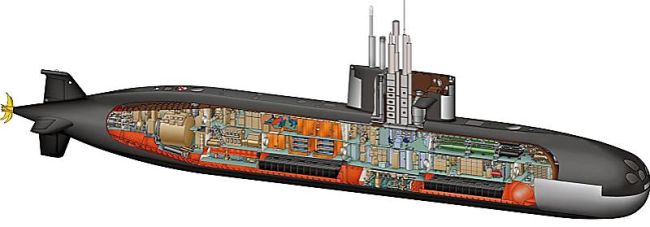WASHINGTON, Feb. 16, 2011 — Reductions in end strength for the Army and Marine Corps beginning in 2015 will be conditions-based, and can be tailored if required when the time comes to implement them, defense leaders told Congress today.
Defense Secretary Robert M. Gates and Navy Adm. Mike Mullen, chairman of the Joint Chiefs of Staff, told the House Armed Services Committee they support plans to reduce ground forces end strength. The plan factors in the drawdown of all U.S. forces in Iraq by the year’s end, and a reduction of forces in Afghanistan, Gates told the panel.
“A big assumption in this is that we have a very much smaller presence in Afghanistan at the end of 2014 than we do now,” he said. “And I think you will know as early as the end of 2012 [or] beginning of 2013 whether that is going to happen.”
Gates and Mullen said the plan also supports continuing efforts to increase “dwell time” at home stations between deployments.
The Marine Corps leadership fully supports reducing the Corps’ end strength when it completes operations in Afghanistan, Gates said. Both Marine Corps Commandant Gen. James F. Amos and his predecessor, retired Gen. James T. Conway, believe the current Marine Corps is “both too large and too heavy to fulfill its traditional missions going forward,” the secretary said.
“They are the nation’s second land force, which is not what they want to be,” Mullen said. “And they have got to get back to some degree, as we move ahead, to their roots — which is lighter and smaller.”
Though it’s still unclear exactly how many combat brigades the Army will require, Mullen said, plans generally call for between six and 10.
“The Army has become much more expeditionary, and that is where we are headed,” Mullen said. “And I am very comfortable with that.”
Mullen said he’s also comfortable that end-strength decisions aren’t locked in stone. The service chiefs will have ample opportunity to change their recommendations if the conditions warrant it, he said.
But at a time when the military is seeking efficiencies and the most effective use of every defense dollar, the chairman said, personnel costs have to be addressed. The service chiefs report that when factoring in military, civilian and direct-support contractors, personnel costs represent 60 to 70 percent of their budgets, he noted.
“We are on our way to becoming almost immobilized by just what it costs in terms of our people,” he told the committee.
Source:
U.S. Department of Defense
Office of the Assistant Secretary of Defense (Public Affairs)

 von
von 